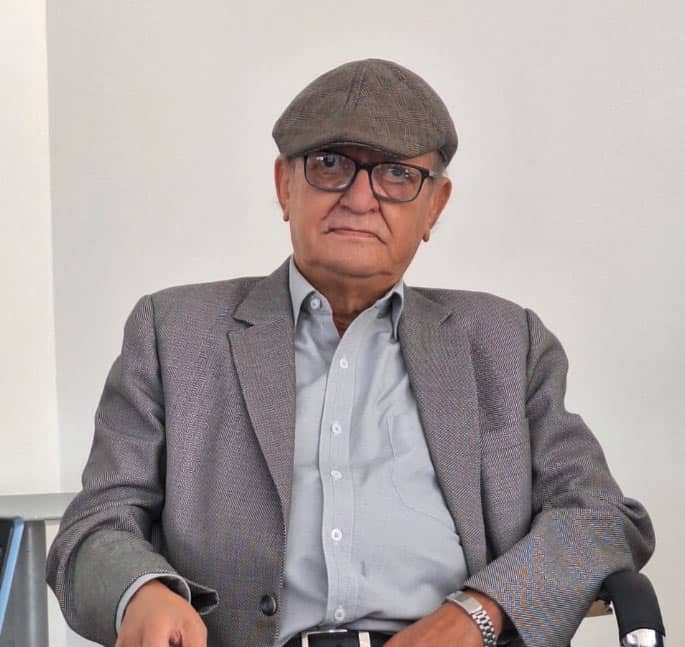In Mexico, September 12 is celebrated as the National Day of Women with Disabilities. Since then, various actions by citizens and women with disabilities have been carried out to contribute to the construction and improvement of their social environment, as well as to make visible the challenges they face in Mexico. This task is relevant because women with disabilities represent 531 TP3T (11 million 111 thousand 237 women) of this group throughout the country. But, above all, because women with disabilities continue to face challenges in their access to education, employment and social security. This requires a new vision of society based on awareness and solidarity, which considers people with disabilities as active agents of change in their daily lives. Ignoring this would have a negative impact on the construction of an inclusive and democratic society.
In Mexico, September 12 is celebrated as the National Day of Women with Disabilities, a date established by the Senate of the Republic in 2020 with the purpose of highlighting the proposed needs of this population to improve their quality of life.
Since then, various actions have been carried out by citizens and women with disabilities to contribute to the construction and improvement of their social environment, as well as to make visible the challenges they face in Mexico.
This initiative involves society and civil organizations that create a narrative and persist in occupying public space to highlight pending issues in human rights. They also question the deficiencies in laws, the limitations of public policies and government programs aimed at the integration of women with disabilities.
Despite the efforts and growing awareness of women with disabilities regarding their rights, public policies still reflect a perspective of abnormality and difference, rather than embracing a rights-based and inclusive approach that avoids the traditional paternalistic tendency.
This lack of recognition underlines the persistent exclusion faced by the disabled population in social, economic, educational, health and, especially, employment spheres where discrimination is evident.
It is relevant to mention that, according to the 2020 Population and Housing Census (INEGI), women with disabilities represent 531 TP3T (11 million 111 thousand 237 women) of this group throughout the country.
In Mexico City, according to the Census, 56,95% of people with disabilities are girls and women (281,077). The percentages of women with disabilities, according to age groups, are: 7,2%, from 0 to 19 years old; 42,5%, from 20 to 64 years old; and 40,3%, 65 years old and older. In addition, according to the National Survey on the Dynamics of Household Relationships (ENDIREH 2021), 80,9% of women aged 15 and older with disabilities in Mexico City have experienced violence throughout their lives and 49,8% in the last 12 months.
In line with this, women with disabilities continue to face challenges in their access to education, employment and social security. In addition, they face restrictions in decision-making in both public and private spheres, with the workplace being the most common place where violence and discrimination occur.
In this context, civil society plays a crucial role in raising awareness and joining forces to advocate for the causes of people with disabilities and propose improvements in their living conditions.
To promote significant change, individuals and groups undertake a variety of strategies and actions. This includes defending the rights of people with disabilities, solving problems specific to that group, and promoting good practices and public policies that reflect their needs and enable them to participate in public affairs and institutional relations, as well as empower themselves.
In this regard, it is essential to adopt measures that promote the development and empowerment of women and girls with disabilities, recognizing them as subjects of rights and ensuring that their voices are heard in decision-making in all areas that affect their lives.
This requires a new vision of society based on awareness and solidarity, which considers people with disabilities as active agents of change in their daily lives. Ignoring this would have a negative impact on the construction of an inclusive and democratic society.







